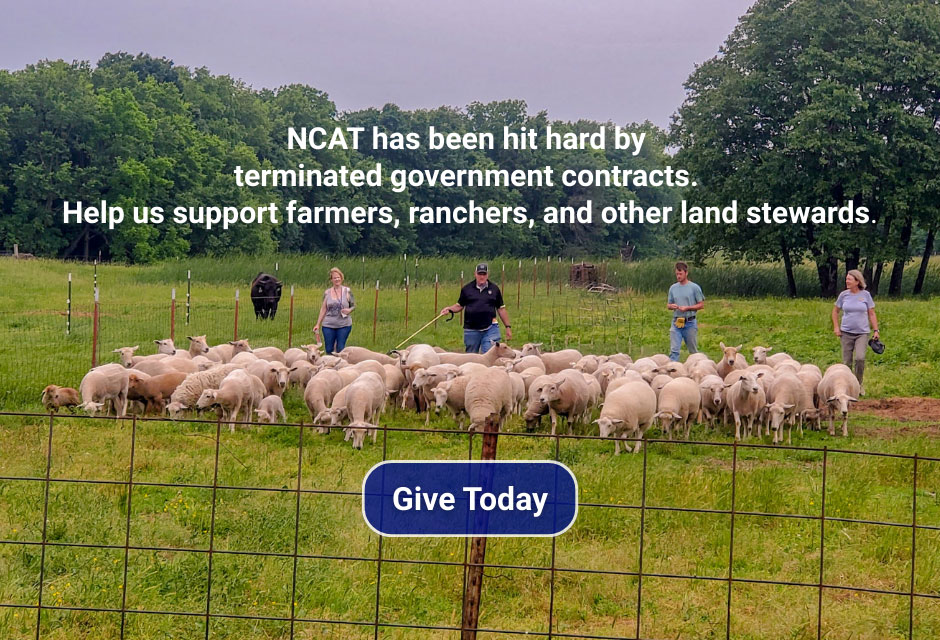Kiss the Ground Online Education Scholarship
Kiss the Ground is offering scholarships for its 90-minute, online Regenerative Agriculture Essentials course. Scholarships aim to promote equal opportunity to quality education for communities who have been both traditionally […]

